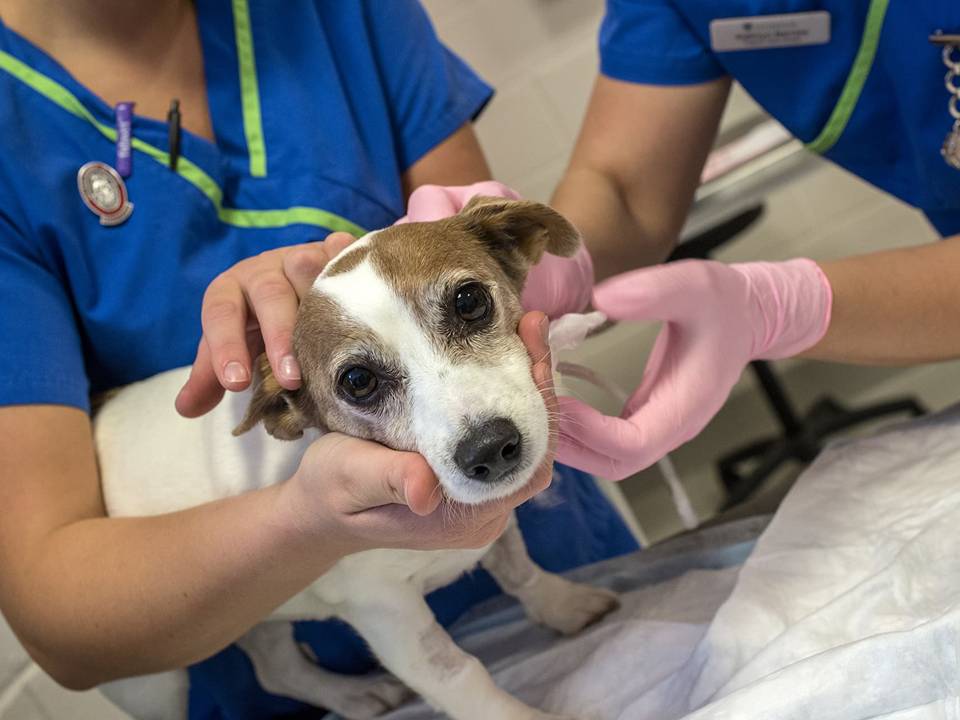Special Diets for Dogs
Feeding a dog with specific health conditions, such as allergies or kidney disease, requires special attention and a tailored approach. Just like humans, dogs can experience various health challenges that are significantly impacted by their diet. Special Diets for Dogs are essential to ensure a balanced diet for dogs with allergies or kidney disease, it’s crucial to understand the nuances of each condition and the best ways to modify their food intake.
Table of Contents
- Understanding Allergies in Dogs
- Common Food Allergens in Dogs
- Identifying and Managing Food Allergies
- Customizing a Diet for Dogs with Allergies
- Understanding Kidney Disease in Dogs
- Commercial Kidney Diets
- Customizing a Diet for Dogs with Kidney Disease
- Conclusion
Understanding Allergies in Dogs
Dog allergies typically fall into three categories: food allergies, environmental allergies, and flea allergies. Among these, food allergies are common and can be challenging to manage. Food allergies occur when a dog’s immune system overreacts to a specific ingredient in their food, triggering symptoms like itchy skin, digestive issues, ear infections, or chronic gastrointestinal distress.
Common Food Allergens in Dogs
Some common food allergens for dogs include:
Proteins: Beef, chicken, and dairy are the most frequent triggers.
Grains: While not all dogs are allergic to grains, some may be sensitive to wheat, corn, or soy.
Additives: Artificial colours, preservatives, and flavours can also cause allergic reactions.

Identifying and Managing Food Allergies
The first step in managing food allergies is identifying the offending ingredient. This often involves an elimination diet, where the dog is fed a simplified diet, typically consisting of novel proteins (such as duck, venison, or fish) and carbohydrates they haven’t been exposed to before, for a period of about 8-12 weeks. If symptoms improve, ingredients can be reintroduced one at a time to identify the allergen.
Once the allergen is pinpointed, the goal is to eliminate it from the dog’s diet entirely. Several specialized commercial diets are formulated for dogs with allergies, including:
Limited Ingredient Diets (LIDs): These foods have fewer components, making it easier to avoid allergens.
Hydrolyzed Protein Diets: These diets contain proteins broken down into small pieces, which are less likely to trigger an immune response.
Grain-Free Diets: While not inherently healthier, grain-free diets are an option for dogs allergic to certain grains.
Customizing a Diet for Dogs with Allergies
When feeding a dog with allergies, look for high-quality, hypoallergenic dog food. Here are some key guidelines:
Choose a novel protein source: Look for food made with proteins your dog has never eaten before, such as lamb, kangaroo, or salmon.
Avoid fillers and additives: Ensure the food is free from artificial additives, dyes, and preservatives.
Focus on natural ingredients: A diet rich in whole, unprocessed foods is ideal for allergic dogs. Organic or raw food diets are sometimes recommended, but consult your vet to ensure these meet your dog’s nutritional needs.
You can also consider making homemade meals for your dog under the guidance of a veterinary nutritionist. This allows complete control over the ingredients while ensuring your dog receives balanced nutrition.
Understanding Kidney Disease in Dogs
Kidney disease in dogs, also known as renal disease, is a common condition that typically affects older dogs but can also develop in younger ones. The kidneys filter waste from the blood, balance fluids, and control blood pressure. When the kidneys are damaged, they struggle to perform these functions, leading to a build-up of toxins in the body.
Nutritional Considerations for Dogs with Kidney Disease
Dogs with kidney disease have specific dietary needs aimed at reducing the workload on their kidneys and managing waste buildup. The key dietary goals for these dogs include:
Reduce Phosphorus Intake: Phosphorus contributes to further kidney damage in dogs with renal disease. Reducing phosphorus in the diet can help slow the progression of kidney damage. Low-phosphorus foods include egg whites, lean meats, and certain vegetables.
Moderate Protein Levels: While dogs need protein, excess amounts can lead to more waste products, which the kidneys struggle to process. Opt for high-quality, easily digestible proteins in moderate quantities to limit the strain on their kidneys.
Control Sodium: Sodium can increase blood pressure and worsen kidney damage. A low-sodium diet helps manage these risks, reducing strain on the heart and kidneys.
Increase Omega-3 Fatty Acids: Omega-3 fatty acids from fish oil or flaxseed can help reduce inflammation and improve kidney function in dogs with renal disease.
Ensure Adequate Hydration: Dogs with kidney disease are prone to dehydration. Providing moist or canned food helps increase water intake, and encouraging your dog to drink regularly is essential.
Commercial Kidney Diets
Several commercially available dog foods are formulated for kidney disease. These diets are specifically designed to provide the right balance of nutrients while supporting kidney function. They are typically:
Low in phosphorus: To help slow the progression of the disease.
Moderate in protein: To minimize waste production without sacrificing essential nutrients.
Enhanced with omega-3s: To promote overall kidney health.
Brands like Hill’s Prescription Diet k/d and Royal Canin Renal Support are often recommended for dogs with kidney disease. These foods are carefully crafted to ensure proper nutrition while alleviating strain on the kidneys.
Customizing a Diet for Dogs with Kidney Disease
In addition to commercial diets, it’s possible to prepare homemade meals for a dog with kidney disease. However, it’s critical to work with a veterinarian or a veterinary nutritionist to ensure these meals are appropriately balanced. Some suitable ingredients for homemade kidney diets include:
Egg whites: A low-phosphorus, high-quality protein source.
White rice or pasta: These are easy to digest and low in phosphorus.
Vegetables: Green beans, carrots, and zucchini are excellent choices.
Conclusion
Feeding dogs with allergies or kidney disease requires a thoughtful approach tailored to their specific health needs. For dogs with allergies, identifying the allergen and switching to a limited ingredient or hypoallergenic diet can alleviate discomfort and improve quality of life. In dogs with kidney disease, dietary changes that reduce phosphorus, moderate protein, and enhance hydration can help slow disease progression and support kidney function.
Consulting with a veterinarian or a pet nutrition expert is essential when designing a special diet for dogs with these conditions. With the right nutritional support, dogs with allergies or kidney disease can enjoy a healthier, more comfortable life.


